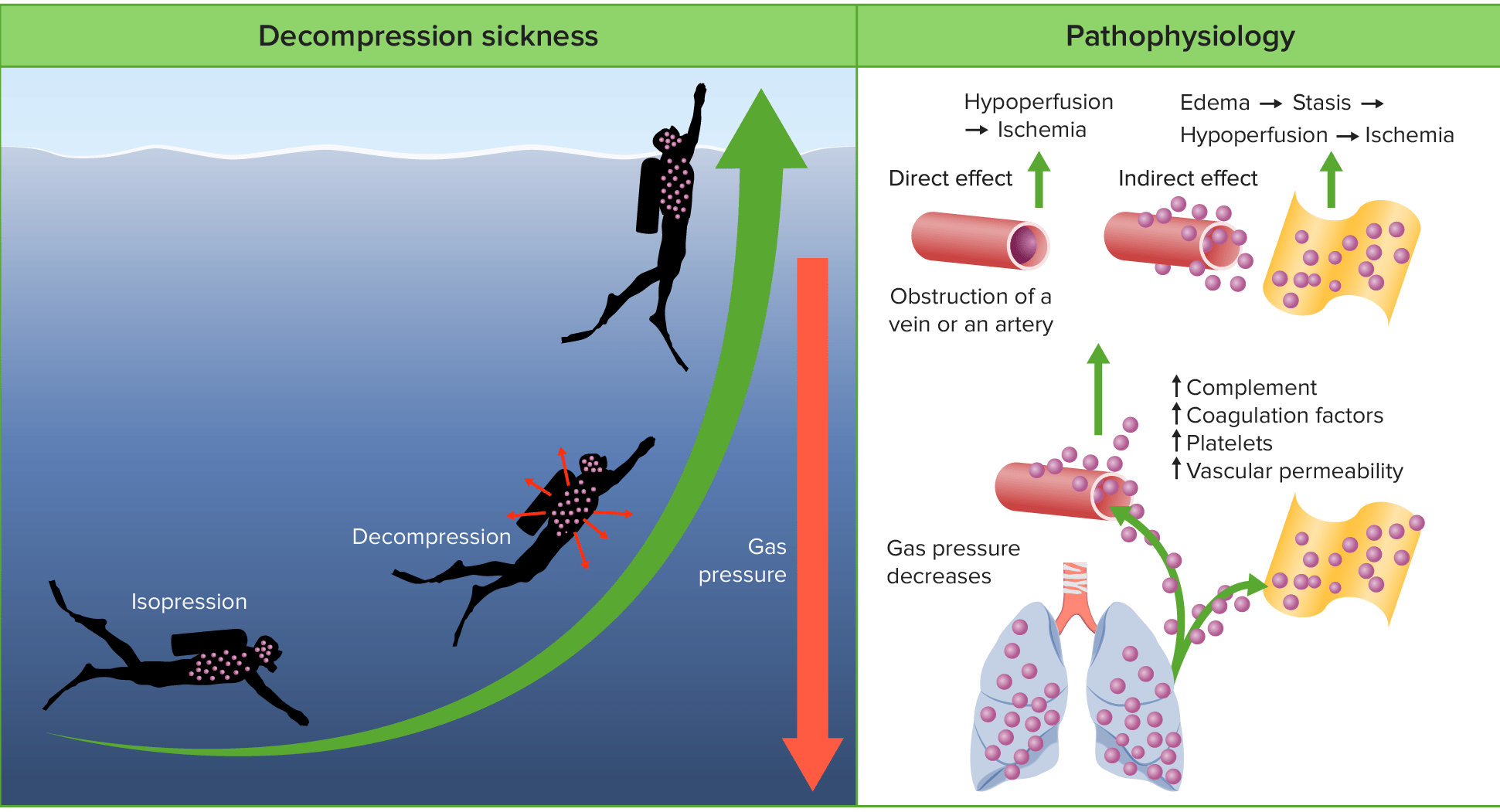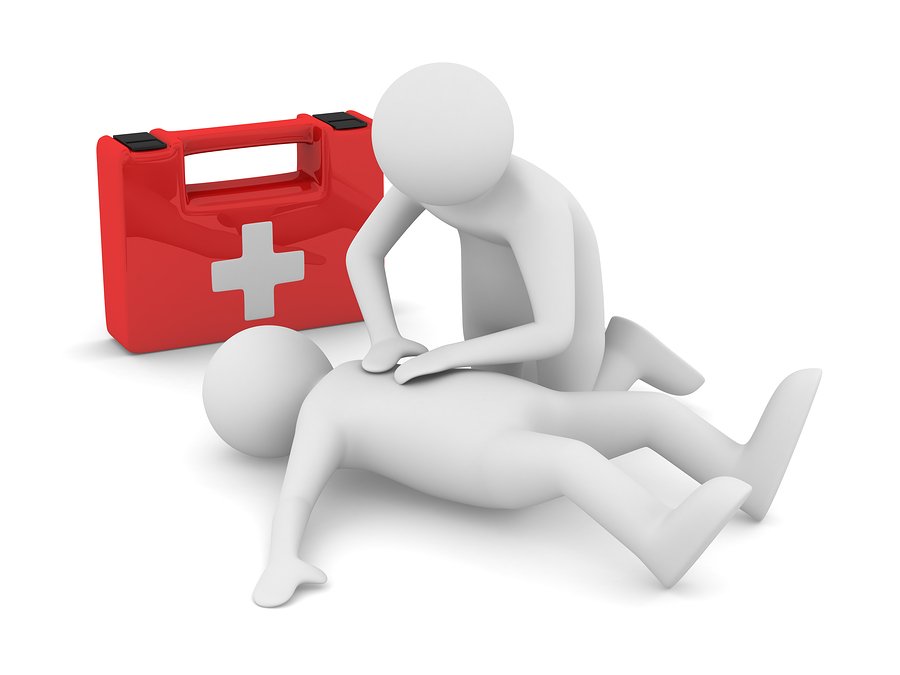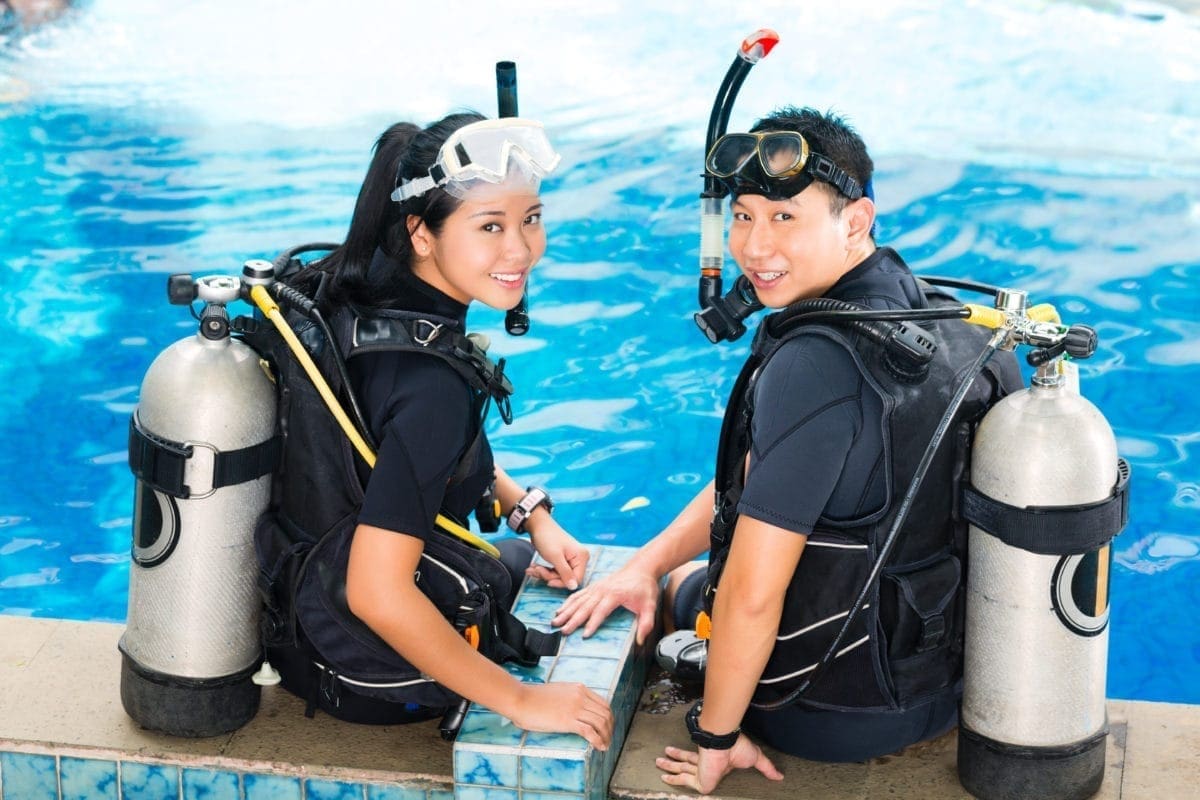Scuba diving is an exciting and exhilarating sport, but it can also be dangerous if proper safety precautions are not taken.
One of the most important things a diver can do to stay safe is to be prepared for accidents and emergencies by knowing basic first aid for scuba diving injuries.
In this blog post, we'll go over some common scuba diving accidents and injuries, and provide tips and guidelines for providing first aid in those situations.
Introduction:
Scuba diving is an incredibly popular and exciting hobby, but it is also important to remember that it is a dangerous activity if proper safety precautions are not taken. One of the most important things a diver can do to stay safe is to be prepared for accidents and emergencies by knowing basic first aid for scuba diving injuries.
In this blog post, we'll go over some common scuba diving accidents and injuries, and provide tips and guidelines for providing first aid in those situations.
Remember, the key to preventing accidents and injuries is to always be aware of your surroundings, follow safety guidelines, and dive within your limits.
Common Scuba Diving Injuries and Accidents:
One of the most common scuba diving accidents is drowning, which can occur if a diver runs out of air or has equipment failure.
Other common accidents include ear and sinus barotrauma, which can occur when a diver descends or ascends too quickly, and cuts and scrapes from coral or other sharp objects.
Understanding Decompression Sickness and How to Treat it
Decompression sickness, also known as "the bends," is a serious condition that can occur when a diver ascends too quickly and does not allow enough time for nitrogen to be released from the body.
Symptoms of decompression sickness include joint pain, fatigue, and difficulty breathing. If a diver suspects they have decompression sickness, they should seek immediate medical attention.
First Aid for Dive Injuries: What to Do in an Emergency
If a diving accident occurs, the first thing to do is to get the diver to a safe place and call for emergency medical assistance.
If the diver is unconscious or not breathing, begin CPR immediately. If the diver is conscious and breathing, assess their condition and provide first aid as necessary.
If the diver has a cut or scrape, clean the wound and bandage it to prevent infection. If the diver has ear or sinus barotrauma, do not attempt to clear their ears or sinuses, as this can cause further damage.
Tips for Preventing Scuba Diving Accidents and Injuries
- Get proper training and certification before diving.
- Always dive with a buddy and establish clear communication signals.
- Plan your dive and dive your plan, including checking and monitoring your air supply and depth.
- Keep in mind your own physical limitations and only dive within your level of experience.
- Never hold your breath while diving, as it can cause lung injury.
- Use proper equipment and have it serviced regularly.
- Be aware of and respect local marine life and diving regulations.
- Never dive while under the influence of alcohol or drugs.
- Be aware of and manage the effects of nitrogen narcosis, especially at deeper depths.
- Always follow proper emergency procedures and know how to use emergency equipment.
- Be aware of the risks of diving in certain conditions such as cold water, currents, and poor visibility.
- Stay in the good physical condition and manage any pre-existing medical conditions before diving.
In conclusion, if you're a scuba diver, it is essential to understand the basic first aid procedures in case of an accident.
We hope that this post has provided you with useful information on how to deal with common scuba diving injuries and accidents.
Remember that safety should always come first, and never hesitate to seek professional help if you or someone else is in trouble. Happy diving!





